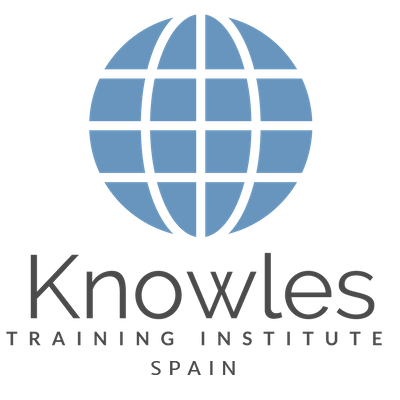Skip to content
Active RecallIntern1bksiuevej76kHhK2023-07-17T11:30:28+08:00
Active Recall
Unleashing the Potential of Active Recall: A Roadmap to Optimal Learning
- Enhanced Conceptual Understanding: Active recall promotes a deeper level of conceptual understanding. By actively retrieving information and making connections between different concepts, learners develop a more holistic and interconnected knowledge framework.
- Boosting Critical Thinking: Active recall stimulates critical thinking skills. Through the process of actively recalling and evaluating information, individuals develop the ability to analyze, evaluate, and synthesize knowledge, leading to improved critical thinking abilities.
- Efficient Exam Preparation: Active recall is a highly effective method for exam preparation. By actively practicing retrieval and simulating exam conditions, individuals improve their performance under pressure and enhance their ability to recall information during exams.
- Improving Learning Efficiency: Active recall optimizes learning efficiency. By focusing on actively retrieving information instead of passive reviewing, learners can achieve better learning outcomes in less time, allowing for more effective and productive study sessions.
- Harnessing the Power of Interrogation: Active recall encourages the use of interrogation techniques. By asking oneself questions and actively seeking answers, individuals engage in a self-directed learning process that promotes deeper comprehension and retention of information.
- Overcoming Procrastination: Active recall serves as a powerful tool to overcome procrastination. The act of actively retrieving information creates a sense of progress and accomplishment, motivating individuals to continue their learning journey and avoid procrastination tendencies.
- Building a Solid Knowledge Foundation: Active recall helps build a solid foundation of knowledge. By repeatedly retrieving and reinforcing information, learners establish a strong base of understanding that serves as a scaffold for future learning and more complex concepts.
- Enhancing Metacognitive Monitoring: Active recall improves metacognitive monitoring skills. By reflecting on the accuracy and completeness of retrieved information, individuals develop the ability to monitor their own learning progress and make adjustments as needed.
- Promoting Active Engagement: Active recall encourages active engagement with the material. Through the process of actively retrieving information, individuals become more involved in the learning process, leading to heightened focus, attention, and overall engagement.
- Unleashing Creativity: Active recall nurtures creativity. By actively recalling information and making connections between different concepts, learners develop a broader perspective and the ability to think creatively, fostering innovation and originality in their learning approach.
Page load link

